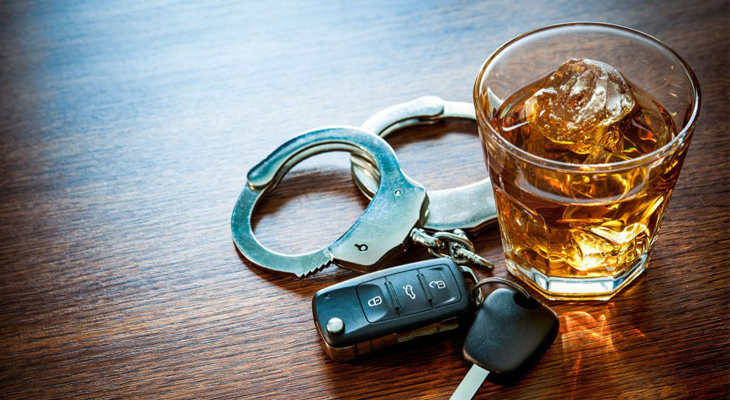
Impaired driving continues to be the leading cause of road accidents in many countries. In Canada, driving under the influence of alcohol or drugs has been a major factor in more than 30% of road deaths for the past couple of decades. However, considerable progress has been made to reduce impaired driving across the country. Also, efforts to address the DUI-related problems have evolved in the past three decades as our understanding of the problem has grown.
If you or someone you know has been charged with a DUI offence in Canada, make sure to seek the right legal guidance. Hire a competent DUI defence lawyer to avoid serious consequences of a criminal record.
Repeat DUI offence
While facing criminal charges can be stressful, drunk driving can destroy lives. Some people think alcohol or drugs don’t affect their ability to drive safely without realizing the legal and social consequences of the act. Things can get more complicated if you choose to drive drunk after already being convicted for an impaired driving charge. In other words, the consequences of recidivism can be harsh.
A police officer has the authority to ask a driver to pull over to perform a roadside check. An approved screening device can be used at this point to conduct an initial test to determine whether or not you’re drunk. People who have already been convicted or charged with a DUI offence understand how these screening tests work. When someone exceeds the legal limit of 80 mg of alcohol per 100 ml of blood, the police officer can make the arrest. Refusing the breathalyzer test can make the case more complicated.
When you get arrested a second time for drunk driving, your chances of avoiding license suspension and other penalties become slim. A prohibition from driving for a minimum of 2 years can paralyze your life. Seeking new job opportunities, buying or renting a vehicle in your name will also become difficult, if not impossible.
When charged with a second-time or third-time DUI offence, you’re likely to face a prison sentence and license suspension for a period ranging from 3 to 5 years. The penalty an offender gets in a DUI case can be more severe if the drunk driving led to property damage, injuries or death.
‘Over 80’ and ‘impaired’ are two different cases
Over 80 and being impaired are two different situations. First of all, it’s a crime to operate a motor vehicle when the concentration of alcohol in your blood (BAC) is over 80 or 80 mg of alcohol per 100 ml of blood. Alcohol tolerance and ability to drive under the influence vary from person to person.
While driving over 80 is a crime, your ability to drive can be impaired even if the concentration of alcohol in your blood is lower than 80. Some people can be impaired with BAC as low as 50. So, what if you have been charged with over 80 and your ability to drive isn’t impaired. The answer is that you can still be charged and prosecuted.
Consult a reputable DUI defence lawyer
No matter the nature of your DUI charges, consult a DUI defence lawyer immediately after being charged. If you’re charged with a crime in Edmonton, Alberta, contact Slaferek Law. We have a team of DUI lawyers who specialize in impaired driving cases. Schedule a free consultation now!
